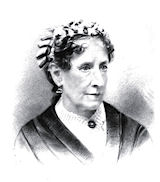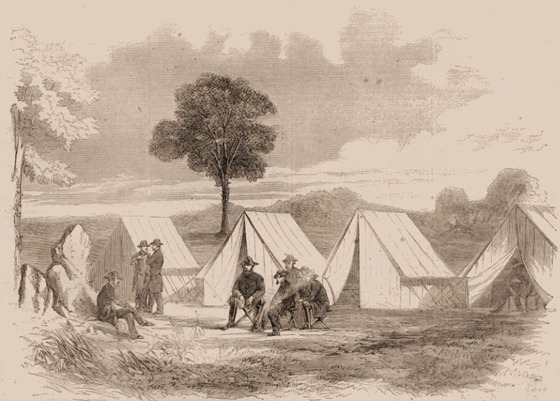24 West 31st Street,
New-York, Jan. 18th, 1863.
My own dear Son:
I hope my letters reach you more regularly than yours do me, for I write faithfully, and have great pleasure in the thought that my written words keep you connected with, and interested in, the events transpiring at home. A rumor was in circulation last night, that the rebels had crossed the Rappahannock and that our army were fighting their way back to Washington. A young man told me also last night, that a gentleman just arrived from Burnside’s Army, told him it was owing entirely to Lee’s humanity that our forces escaped entire annihilation after the battle of Fredericksburg. Don’t think we credit such absurdities; I only show how secession sympathizers spread reports. The story is this: Lee seeing the danger of our army, and being humane and generous, sent to Burnside, offering him six hours to depart peacefully, which Burnside of course gladly accepted. New-York is full of Southern people in full sympathy with the South, bitter in word and action, and my blood often boils with indignation though I keep usually a quiet tongue. The news of our Western victories, and the intercepted rebel correspondence, make them rather more spicy than usual. You will see the disgraceful proceedings about the election of a Speaker in Albany. The Republicans behave far better than the Democrats. Oh! I am sick. I have been in the house a week with a cold, and I long again for fresh air and freedom. We had a pleasant call yesterday from Abby and Carrie Woolsey. Their brother is on the staff of Gen. Seth Williams who is one of Burnside’s staff. Carrie said she should write him to try and see you, as she thought you might find it pleasant to meet.
To-morrow evening we are going to meet a few friends at Mrs. Gilman’s. Mrs. Perkins (Tom’s Mother) is there on a visit. I am sorry you see no hope of a furlough or promotion. I do not know how things progress here, but I do know Mr. Phelps is still actively at work. The party in power is somewhat opposed to enlistments, or rather does not encourage them. However, the Military Department will control that matter I suppose in future.
Jane and Georgie Woolsey are nursing in a hospital near Newport. A corps of ladies acting under the direction of the Surgeon-General, takes charge of the department of the very sick, giving their time and their means to this noble object. Georgie assisted a good deal in the Peninsular Campaign. It is refreshing to meet a whole family so devoted to one cause. Miss Kitty Elliott wants to do something of the same kind, and if I had strength I would not hesitate for one moment, but I am too nervous and good for nothing.
General McClellan is living in a new house next to us. The house was presented him by some of his friends. Cousin Henry and Louisa have just been in to tell me that they heard through Dr. McDonald that you had applied for a furlough on the 13th, and would probably get it. Can it be possible? I cannot believe such joy is in store for me.
Good-bye, God grant us strength to bear, and thankful hearts for all his mercies.
Very lovingly,
Mother.











